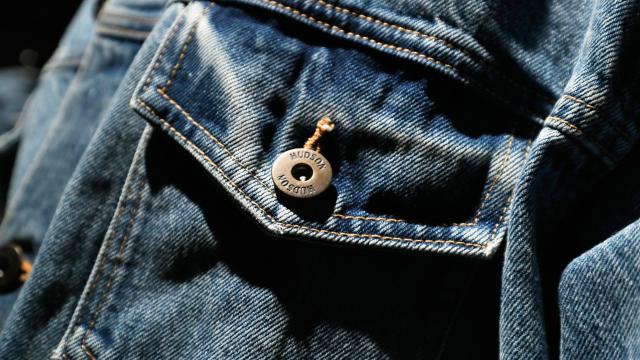We humans are plenty talented at seeing, hearing, and speaking no evil. But when push comes to shove, as a recent study published in the Journal of Consumer Research demonstrates, we’re also great at forgetting any evil existed at all – especially if that memory loss will make our buying choices a little less guilt-ridden.
Child labour? I never even met her! Photo: Getty
Researchers at Ohio State University, the University of Texas and San Diego State University conducted a series of experiments aimed at finding out whether we selectively forget unpleasant details about the things we buy.
One experiment, for instance, asked over 200 college students in the US to look at and memorise the descriptions for six different types of desks. Along with mundane details like the desk’s price and brand name, the description either mentioned the desk was made with wood from endangered rainforests or a sustainable tree farm.
They then quickly asked them to repeat and write down these descriptions. At least 94 per cent of subjects remembered whether a desk was made of rainforest or sustainable wood. The students who remembered accurately were then distracted with meaningless tasks for 15 to 20 minutes, before running through the same memory test again.
After the brief distractions, however, students were much less likely to mention if a desk was made of endangered rainforest wood; many even seemed to mis-remember, and wrongly described a desk as made from sustainable wood. Around 60 per cent of people accurately remembered that a desk was made of sustainable wood, compared to a 45 per cent hit rate for rainforest desks.
“It is not that the participants didn’t pay attention to where the wood came from. We know that they successfully memorised that information,” study co-author Daniel Zane, a doctoral student in marketing at Ohio State, said in a statement, referencing the initial memory test the subjects took. “But they forget it in this systematic pattern. They remembered the quality and price attributes of the desks. It is only the ethical attributes that cause people to be wilfully ignorant.”
The same pattern held with later experiments, using volunteers recruited online through Amazon’s Mechanical Turk. Subjects asked to pick out an outfit were less likely to remember if a pair of jeans was made through child labour than if it wasn’t.
These memory flubs aren’t necessarily intentional, but more of a coping mechanism, the researchers speculate. People want to avoid feeling uncomfortable when confronted with the ethics behind the things they buy, but they also feel they should do the right thing. So sometimes, the mind just takes a third option and forgets about the unsettling information completely.
This mental strategy doesn’t just seem to apply to our purchasing choices either: A 2016 study referenced by the authors found people also tend to forget past unethical actions they have taken more than they do ethical ones (funnily enough, it found, the effect didn’t apply to other people’s behaviour).
Our selective forgetfulness might also help us look better in front of others — another experiment of theirs found that people were less morally judgmental of someone who seemed to forget negative info about a product when buying it than someone who knew but just ignored it.
Unfortunately for the ethically considerate, there hasn’t been any research that’s systematically examined how we might get our memories to be less self-serving. But the authors do think there are practical lessons both customers and companies could take away from their research.
“For consumers who want to be ethical shoppers, they should become aware that this memory bias exists where they are likely to forget when a product was made unethically,” study author Zane tells me over email.
“For example, don’t leave a product that you believe was made in an ethically questionable fashion sitting in your online shopping cart and say you’ll think about it. This allows the memory bias to kick in and leaves you with the possibility of forgetting the questionable nature of the product. In general, don’t rely on memory if you want to be sure you’re making purchases consistent with your values — take the time at the point of purchase to make sure the product you’re buying really is as ethical as you think.”
“For ethical companies, they should also be sure to remind consumers at the point of purchase that the product is an ethical one so that these shoppers can rely on their memory as little as possible,” Zane adds.
